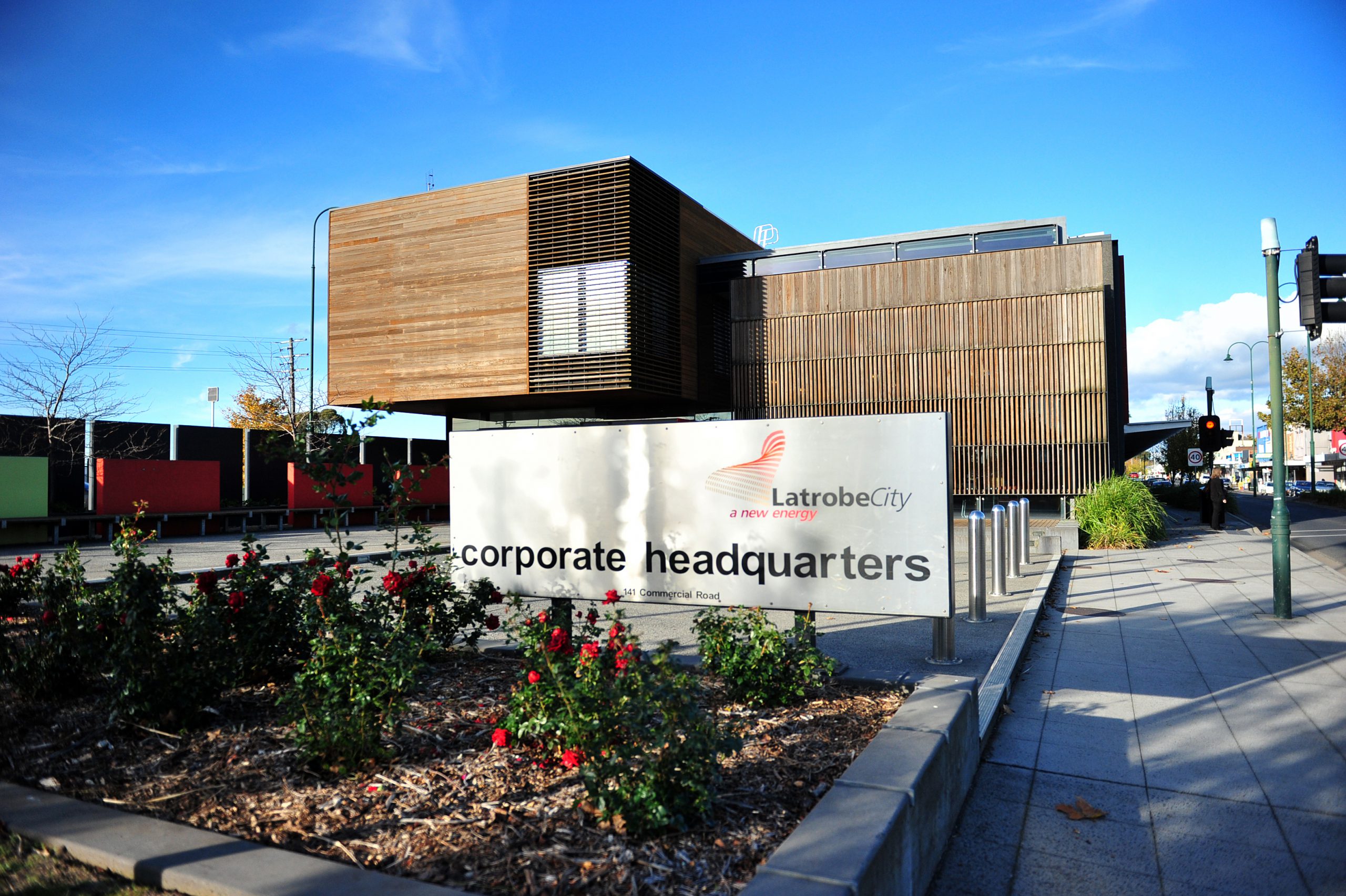ZAIDA GLIBANOVIC
By ZAIDA GLIBANOVIC
THE controversial Dunbar Road development proposal was refused by Latrobe City Council at the last meeting on Monday, August 7.
The development proposes 52 dwellings, prompting a stir from local residents; 138 public submissions were received, 134 of which were objections.
The Council officers’ report recommended refusing the proposal as it did not comply with the municipal planning strategy and mixed zone use policy; the application was premature for the expanding industrial area; and it failed to meet objectives in clauses 55 and 56 of the Residential Code.
The 1.82 hectares in the area were to have 41 single and 11 double-storey dwellings across the site, with seven dwellings on Dunbar Rd, seven on Hickox St and the other 38 in a ‘battle-axe’ form.
The development plan from Millar Merrigan received extensive criticism.
Some of the concerns from the public included:
Insufficient timeframe and extent of public notification;
Accessibility of planning documents;
Excess traffic and parking issues in surrounding areas;
Fire management risks due to the density of dwellings;
Crime and social unrest due to the potential concentration of social and affordable housing;
Contamination concern due to previous use as a Works Depot;
The encroachment into the buffer area of Graymont plant and other industrial activities;
Implications from construction;
Storm water management;
Lack of maintenance, and;
Impact on existing property values.
Council discussed the proposed plan in depth, but ultimately all agreed that the development would not be suitable based on the officers’ report.
Hickox St resident, Marietta Calabro, was “delighted” with the outcome but said the community would remain vigilant as the developer was suspected of taking the case to the Victorian Civil and Administrative Tribunal (VCAT).
Christopher Constantine, director at Millar Merrigan, spoke at the council meeting, addressing concerns about the proposed tenure of the development before the council put the notion to vote.
Mr Constantine explained that the developer expected an approval recommendation but with conditional changes.
He also questioned whether the council officers’ decision was based on proximity to the industrial area or on the number of objections without planning merit.
“Whilst tenure isn’t a part of this application – I think it’s important to speak on some of those questions, which are largely around housing affordability, affordable housing and social housing,” he said.
“This site falls within the area identified for affordable housing within the Latrobe City affordable housing policy.
“From our perspective, it really speaks to affordable housing and the crisis that Victoria and Australia are currently going through.”
Mr Constantine said Victoria was the fourth-least affordable housing market in the world.
“The median price is up to $665,000. We’ve currently got 48,000 Victorians that want housing, with 25,000 that require urgent assistance,” he said.
“It seems to be that everyone is supportive of vulnerable members of society getting into housing and having support but not when it’s in our backyard.”
Despite Mr Constantine’s objections to the officers’ report’s recommendations, council remained strong in its stance to refuse the application.
Dale Harriman moved the motion of refusing the development and thanked all that spoke on the agenda item at the meeting.
“It is one of those agenda items that has certainly got the attention of the local community,” he said.
“This is not the first time we’ve had a situation where there has been an industrial area that has had a buffer zone that has stopped further development.
“This is an overdevelopment. If there were less houses, I’d be more supportive … but not with the density that we’re getting at the moment.”
Councillor Dan Clancey reiterated the officers’ position stating, “This is a planning matter, and it’s a planning matter only – there’s been a lot that’s been said in the community in the lead-up to this and even tonight,” he said.
Reminding the community, he said: “This is about planning, and the planning does not stack up.”
Cr Graeme Middlemiss seemed to take offence to Mr Constantine’s public comments, clarifying that “Council planning officers make their recommendations based on planning law, planning regulations and planning policies”.
“They make their decision and their recommendations totally independent of the councillors,” he asserted.
In regard to Mr Constantine’s comment on property values, Cr Middlemiss said if the council was to make a decision against the proposal on the impact of property values, it would be overturned. “It is not appropriate to make a decision around that. A number of people contacted me who were very angry and critical that councillors let this application come forward. Council has to deal with every application it receives – I think you’re seeing unanimous support for opposing this application because it is inappropriate.”
Latrobe City Council released a press statement regarding the refusal of the permit.
“Council refused to grant the permit for several reasons, including that the development was deemed premature given the existing operations associated with the Janet Street Industrial Precinct and Lime Batching Plant, these operations have priority according to the Latrobe Planning Scheme.”
The Mayor of Latrobe City, Cr Kellie O’Callaghan, said it was important to also hear from the community and listen to their concerns about the development on Dunbar Rd.
“Council’s choice was clear not to go ahead with the development of land. We listened to our community and understood the potential issues that would arise with the development,” said the Mayor.
The application for development of land proposed 52 dwellings on the site, associated subdivision of land into 52 lots, reduction of three visitor car parking spaces and the creation and removal of an easement.
On May 4, council officers facilitated a ‘community listening post’, to understand community concerns.
Objectors of the development were provided with a list of frequently asked questions about the proposal and the permit process following the listening post.
Objectors were also recently advised of council’s decision not to grant the permit.
The applicant may seek to appeal against the council’s decision through the Victorian Civil and Administrative Tribunal.











